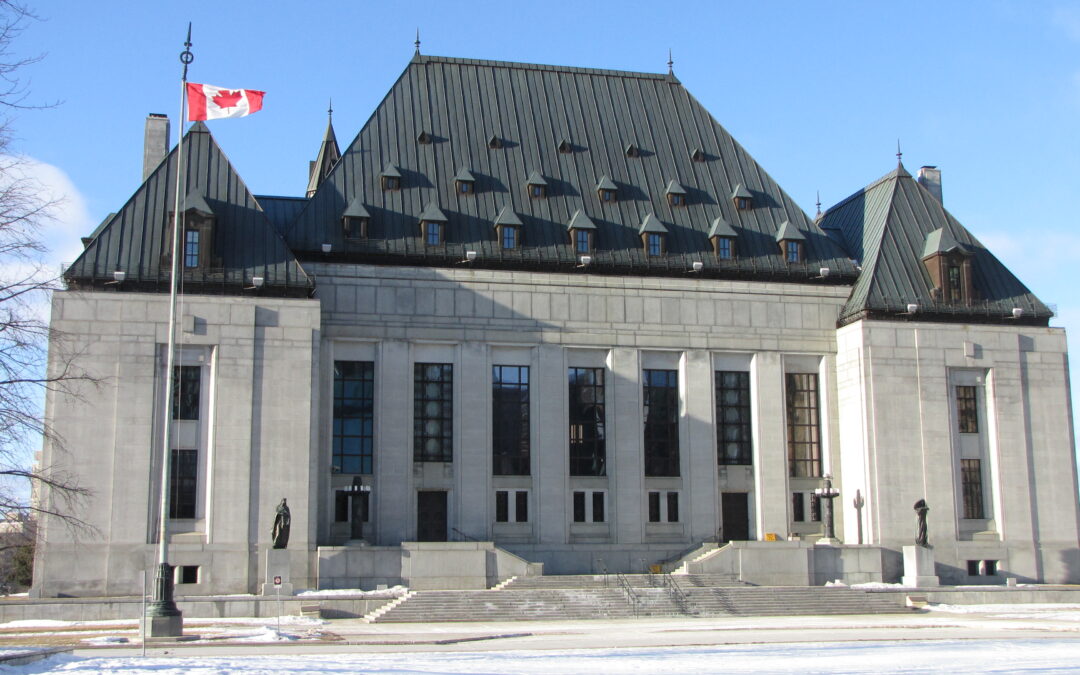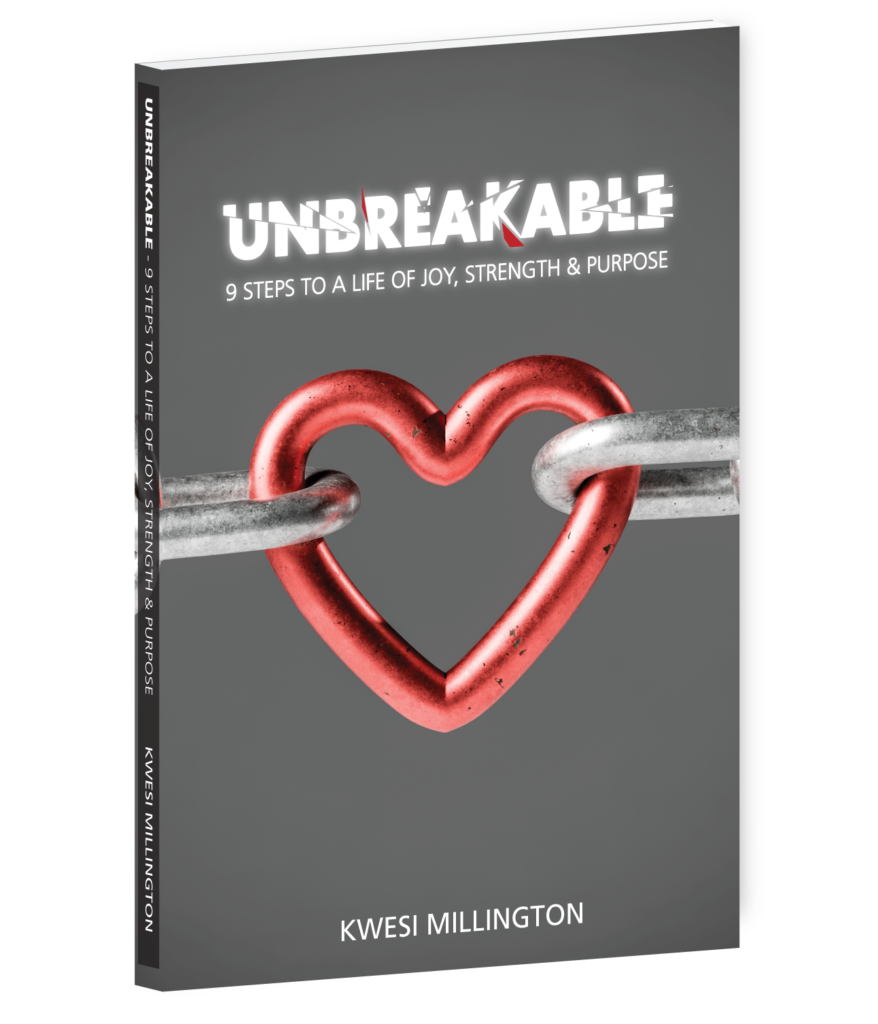“Kwesi, that judge was racist!”
When I was convicted of perjury in 2015, many people, both inside and outside of policing, both white and black, said that to me. Why? Maybe people from the outside looking in saw something that gave them that impression. Maybe some knew the judge personally and made that assumption. However, the most obvious reason is because I was one of FOUR officers that went to the same policing call, made basically the same mistakes in our statements, and were all charged with the same crime of perjury. However, two of the four were convicted, two acquitted. And here’s the kicker: the race of the two that were convicted? Black and Aboriginal. The race of the two that were acquitted? White.
It would be easy for me to jump on that and agree that racism played a clear role here. However, proving racism is like proving perjury: without irrefutable evidence it’s impossible to prove it for sure. My judge was only presiding over my trial; the other officers had separate judges. I’ll never know the motive behind any of the four decisions. Therefore instead of speculating into that, let’s look into something that I know for sure: we are all racist in some way. How do I know this? Well it comes from a famous Hollywood line…
“You had me at hello.”
What movie is that from? If you instantly said Jerry Maguire you are correct. Now why is it a memorable line? Maybe because it was a poignant moment in the movie. Possibly because it was romantic. It’s also because it conveys the power of first impressions.
What you think and feel when you first see someone is more telling than what you say. By the time words escape your mouth, you’ve already filtered them through your uncontrollable, automatic first impression filter. You’ve run them through the sieve of political correctness to sift out anything course or offensive. So in essence, most of what people SAY, is just an updated version of what they originally thought or felt.
With that being said, I have an admission to make: I have racist views. I can say that without cringing, because I understand that doesn’t make me a bad person. I used to work in Richmond, British Columbia, a city that has the highest immigrant population in all of Canada, over 50% of whom identify as Chinese. On my days policing those streets, I saw a variety of crimes, and also witnessed some trends. For example, certain police officers didn’t clean up their PCs (police cruisers) for the next shift change. I started to recognize certain messes and could match them up with certain officers. (Certain flavors of Dorito’s were a dead giveaway!)
Other examples included officers taking a specific type of call, or making a certain type of arrest repeatedly. We had officers that handled domestic calls very well, and others that loved traffic calls. Assumptions were made that were harmless, but often turned out to be correct.
I made more problematic assumptions when on the streets. If I see a car commit a traffic violation, and upon me turning on my lights to make the stop, they respond by stopping their car IMMEDIATELY right in the middle of traffic (this actually happened!), I make an assumption. If you could read my mind, you would hear me saying “Must be a Chinese driver!”, even before seeing who it was. Whether my assumption was true or not, it was a racist thought. Throughout my time on the streets of Richmond, I made prejudiced presumptions of race whenever I saw bad drivers, certain types of crimes, and when I attended the local River Rock Casino. I truly apologize to my Chinese friends for my closed minded thoughts.
In her book White Fragility, author Robin Diangelo says this: “Racism is the norm rather than an aberration.” At first I thought that was a bit harsh, but I’ve come to realize it’s true. Racism is defined as “The belief that all members of each race possess characteristics or abilities specific to that race, especially so as to distinguish it as inferior or superior to another race or races.”
Let’s separate that definition before and after the word “especially”.
“The belief that all members of each race possess characteristics or abilities specific to that race…”
I believed that the Chinese people in Richmond were bad drivers. It does NOT matter if that was my experience or not, it was a racist view. It is no different than when a high ranking RCMP officer once said to me in our very FIRST conversation: “I had a Black friend once. You must be good at basketball!” Was I offended when I heard that? Absolutely. However, before I lay blame, I had to lay claim to and examine my own prejudiced viewpoints. We should all start there.
“…so as to distinguish it as inferior or superior to another race or races.”
This is where most people get their back up and claim “Whoa! I’m definitely not racist! I don’t think I’m superior to anyone else!” Well, hold on for a second. Have you ever had or made what I call a “Superiority Statement”? Here are some examples:
“I’d hate to live in that (neighborhood, city, country)!”
“Why do they dress/talk/look like that?”
Or as I once thought and said, “Wow I’m a much better driver than most of the Chinese
people here in Richmond!” (Again, apologies for my myopic view)
Most people like to think that they don’t consider themselves as better than others, but the truth often reveals itself whether recognized or not. Comparison and competition are both natural. It’s why we try to make more money, do better in a particular field, and why we love sports. Where it runs into trouble is when comparison turns into generalization. Where “that person” becomes “those people”. Where the thoughts and feelings about one person gets painted across an entire race, gender or culture. And those thoughts don’t have to be filled with hate to still be racist. Think about that statement again: Your thoughts don’t have to be filled with hate to still be racist.
So where do we go from here?
Maybe the question that we should be asking is not “How do I stop THEM from being racist?” and instead it should be “What hidden racist views do I have that I may not be aware of?”
What kind of world would we live in if everyone simply asked themselves the second question? Could the cure be the correction of our own mindsets?
Healing will happen when we move from accusation to reflection.
When we move from pointing to pondering.
When we move from “What should they do differently?”, to “What can I do differently?”
Kwesi Millington, Resiliency Expert, Author & Certified Wellness Coach
Get Chapter 1 of my book RISE: http://www.rockingresilience.com
For more on Speaking and the RISE Coaching Program: www.KwesiMillington.com



Fantastic!! The right perspective for sure!!
Thank you for the comment and for reading Rosemary!!